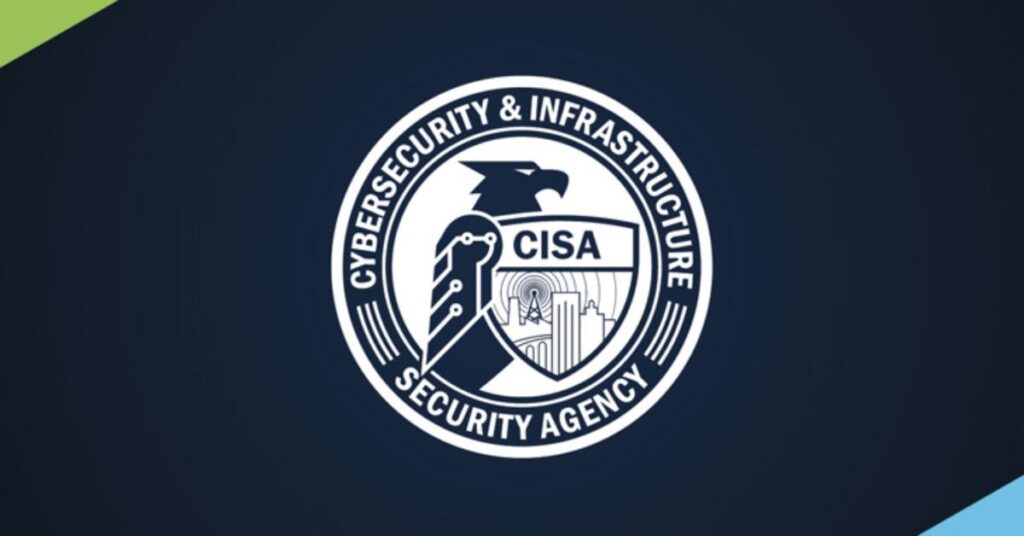Every IT auditor understands how essential Certified Information Systems Auditor training is for career growth. Thus, this guide comprehensively discusses the Certified Information Systems Auditor training to help you start your journey toward becoming a CISA professional.
What is Certified Information Systems Auditor Certification?
CISA is a certification for information security professionals who have demonstrated the necessary knowledge, experience, and competencies to audit, control, monitor, and assess an organization’s IT infrastructure. It requires you to possess substantial knowledge of relevant industry standards and best practices related to auditing and governance of enterprise IT systems.
Through this certification, you can demonstrate your ability to effectively identify potential risks associated with technology systems and develop appropriate countermeasures while ensuring compliance with applicable laws and regulations.
The CISA course consists of five domains:
- Governance & Management of IT
- Acquisition & Development of IT
- Delivery & Support of IT
- Protection & Control of Information Assets
- Business Continuity & Disaster Recovery
You must have five years of experience in information systems audit, control, or security to qualify for the exam. However, after completing the ISACA training, you must maintain your certification through continuing professional education credits.
Who Administers CISA Certification?
The CISA certification exam is administered by the Information Systems Audit and Control Association (ISACA), a global non-profit professional association specializing in information security, assurance, risk management, and governance.
Benefits of Certified Information Systems Auditor Training Certification
ISACA certifications are valuable credentials that can help you as an IT professional to advance your career and prove your expertise in information security. Obtaining CISA certification provides the following benefits:
- Validated Expertise
This certification demonstrates your expertise in information systems auditing for current and prospective employers. In addition, it proves that you understand the industry standards for information system auditing and critical technical skills for managing risk, compliance, governance, and audit-related processes.
- Enhanced Career Opportunities
Having Certified Information Systems Auditor training can help you secure better job opportunities and higher salaries. Employers prioritize certified professionals when recruiting for information systems auditing, security, risk management, and compliance positions.
- Networking Opportunities
Becoming a CISA-certified professional gives you access to an extensive network of peers in the IS auditing community who can provide mentorship throughout your career. It also allows you to attend conferences and seminars specializing in this area of expertise.
- Continuing Education
Maintaining your credential requires completing continuing education credits every three years to stay current with industry standards and best practices. This helps ensure that your skills are up-to-date to provide the most effective service for your clients.
CISA Certification Exam Fee
CISA certification cost varies depending on the country and other factors. In the United States, you need to pay a one-time application fee of US$575. In addition, there is an annual maintenance fee of US$50 to maintain CISA certification status. However, the costs may be different for countries outside of the United States.
How to Become a Certified ISACA Professional?
If you are interested in becoming a professionally certified ISACA member, there are several steps to take.
First, you must become familiar with the Standards of Practice and Code of Professional Ethics set by the organization. This is a document meant to ensure that you maintain high ethical standards while practicing information security.
After understanding these standards, you must decide which certification to pursue. The most popular certifications offered by ISACA include the following:
- Certified in Risk and Information Systems Control
- Certified Information Security Manager
- Certified Information Systems Auditor
- Certified in the Governance of Enterprise IT
Once you select a certification type, you must prepare for the exam. To do this, you must obtain ISACA’s most current exam preparation materials and become familiar with the syllabus.
You can register for the ISACA certification training by studying and understanding the material presented in these materials. And once you pass the exam, an official ISACA certificate confirming your professional status is offered.
Conclusion
Certified Information Systems Auditor (CISA) training provides an excellent opportunity to build your knowledge and expertise. It offers comprehensive resources and technical guidance to help develop the necessary skills and understanding of IS audit, control, assurance, and security-related services. Therefore, with the right CISA training program, you can embark on your CISA journey toward becoming a Certified ISACA professional.

